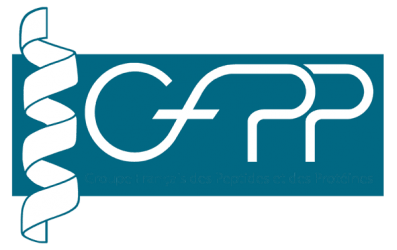
This review highlights the synergistic integration of peptides with peptide-functionalized poly(lactic-co-glycolic acid) (PLGA) and addresses key challenges of peptide-based therapeutics.
ABSTRACT
Peptide-based therapeutics have gained attention in cancer treatment because of their good specificity, low toxicity, and ability to modulate immune responses. However, challenges such as enzymatic degradation and poor bioavailability limit their clinical application. Peptide-functionalized poly(lactic-co-glycolic acid) (PLGA) systems have emerged as a transformative platform in cancer therapy that offers unique advantages, including enhanced stability, sustained release, and precise delivery of therapeutic agents. This review highlights the synergistic integration of peptides with PLGA and addresses key challenges of peptide-based therapeutics. The application of peptide-functionalized PLGA systems encompasses a diverse range of strategies for cancer therapy. In chemotherapy, peptides disrupt critical tumor pathways, induce apoptosis, and inhibit angiogenesis, demonstrating their versatility in targeting various aspects of tumor progression. In immunotherapy, peptides act as antigens to stimulate robust immune responses or as immune checkpoint inhibitors to restore T cell activity, overcoming tumor immune evasion. These systems also harness the enhanced permeability and retention effect, facilitating preferential accumulation in tumor tissues while leveraging tumor microenvironment (TME)-responsive mechanisms, such as pH-sensitive or enzyme-triggered drug release, to achieve controlled, localized delivery. Collectively, peptide-functionalized PLGA systems represent a promising, versatile approach for precise cancer therapy that integrates innovative delivery strategies with highly specific, potent therapeutic agents.


